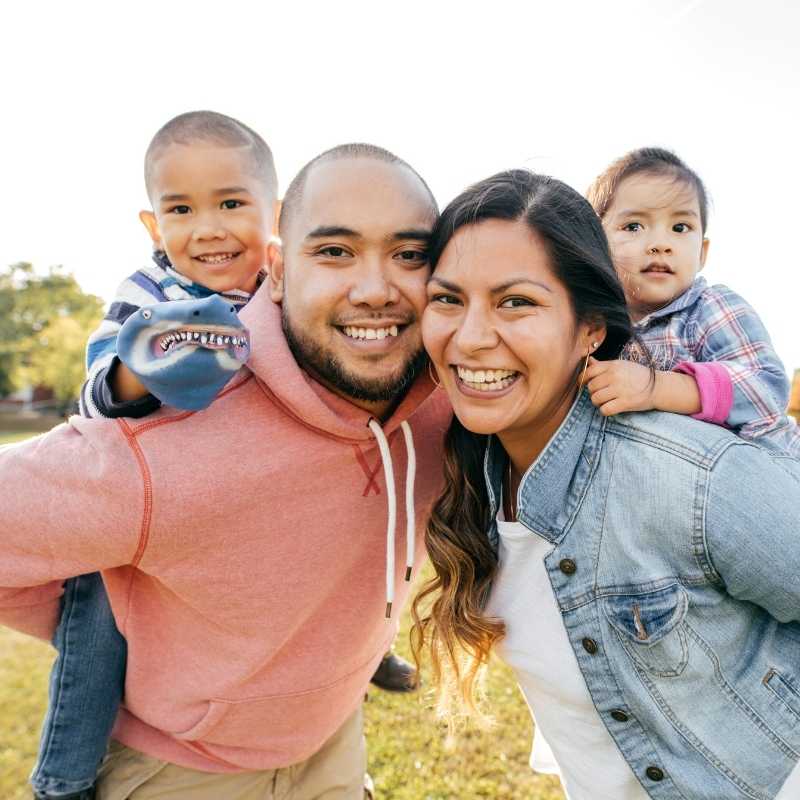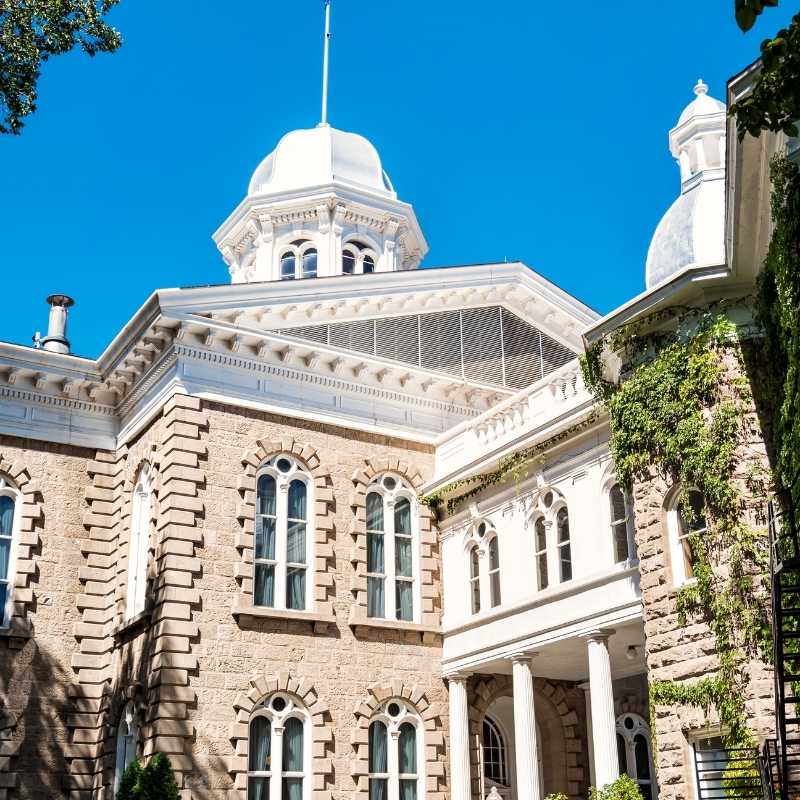
What is Nevada 211?
Nevada 211 connects individuals and providers to essential health and human services resources.
We can help you find local services you need, such as housing, food, utility assistance, transportation, and childcare. It is a free, confidential service available via phone, web, and text.
Call Specialists are available M-F 9am-9pm PST, excluding holidays, by dialing 2-1-1 or texting your zip code to 898211.
You can also search online or download the Nevada 211 apps for anytime resource information.
How is Nevada 211 different from other phone numbers?
2-1-1 is a free resource that connects the community to essential health and human services information and referrals.
3-1-1 in Clark County is a non-emergency number where individuals can report lost or stolen property, submit noise complaints, provide information on suspicious persons or vehicles that have left the area more than one hour ago, and/or report any other incident when you do not think a time delay will have an effect on the situation.
3-1-1 in Washoe County is a number where individuals can request information on all non-emergency services including special events, stray animals, graffiti, and road damage; inquire about utility services, building permits, and more.
4-1-1 is the local number dialed for local directory assistance (also called directory information).

7-1-1 is assigned nationwide for access to Telecom Relay Services (TRS). TRS allows persons with a hearing or speech disability to use the telephone. These consumers use special telephone devices known as a text telephone (TTY) or a telecommunications device for the deaf (TDD).
8-1-1 is the “Call Before You Dig” number. It was created to provide people with a nationwide, easily accessible resource to call a few days before starting any digging project.
9-1-1 is designed to assist residents in the case of an emergency, such as an injured person who needs fire/rescue help immediately, in-progress criminal calls, and/or any situation which may result in an immediate threat to life or property.
988 is the Suicide & Crisis Lifeline that individuals can contact to access to trained crisis counselors who can help people experiencing suicidal, substance use, and/or mental health crisis, or any other kind of emotional distress.


Who answers Nevada 211 calls?
Every call is handled by trained call specialists dedicated to connecting individuals with the right services.
These call specialists are employed by Money Management International (MMI), who was selected by the Nevada Department of Human Services to administer Nevada 211.
When was 211 established?
The three-digit dialing code, 2-1-1, was exclusively assigned to support the distribution of information and referral services by the Federal Communications Commission (FCC) in 2000. Following this assignment, the FCC charged each state with establishing its own 211 system.
In 2005, Nevada Revised Statutes (NRS) were amended to establish and maintain a system to provide non-emergency information and referrals concerning health, welfare, human and social services. NRS 232.359 requires the Nevada Department of Health and Human Services (DHHS) to maintain a 2-1-1 system. After the NRS was adopted, the late Governor Kenny Guinn established the Governor’s Partnership on 211 through an Executive Order in 2006. The Partnership played a critical role in creating and growing the program, and subsequently, 211 began answering calls in 2006.


What services are listed in Nevada 211?
Programs listed in the Nevada 211 Resource Directory assist Nevadans in achieving optimal self-sufficiency, health, and well-being.
Guidelines for inclusion in the Resource Directory are located in the Nevada 2-1-1 Inclusion/Exclusion policy.
How can I add my agency’s programs to the Nevada 211 Resource Directory?
Programs and services that meet Nevada 211’s Inclusion/Exclusion Criteria can submit their information using the Agency Update Form.


How do I update my service(s) in the Nevada 211 Resource Directory?
Agencies can submit program and service changes using the Agency Update Form.
Who do I contact for a media interview?
Media inquiries can be directed to the Nevada 211 Director by completing the form below.

